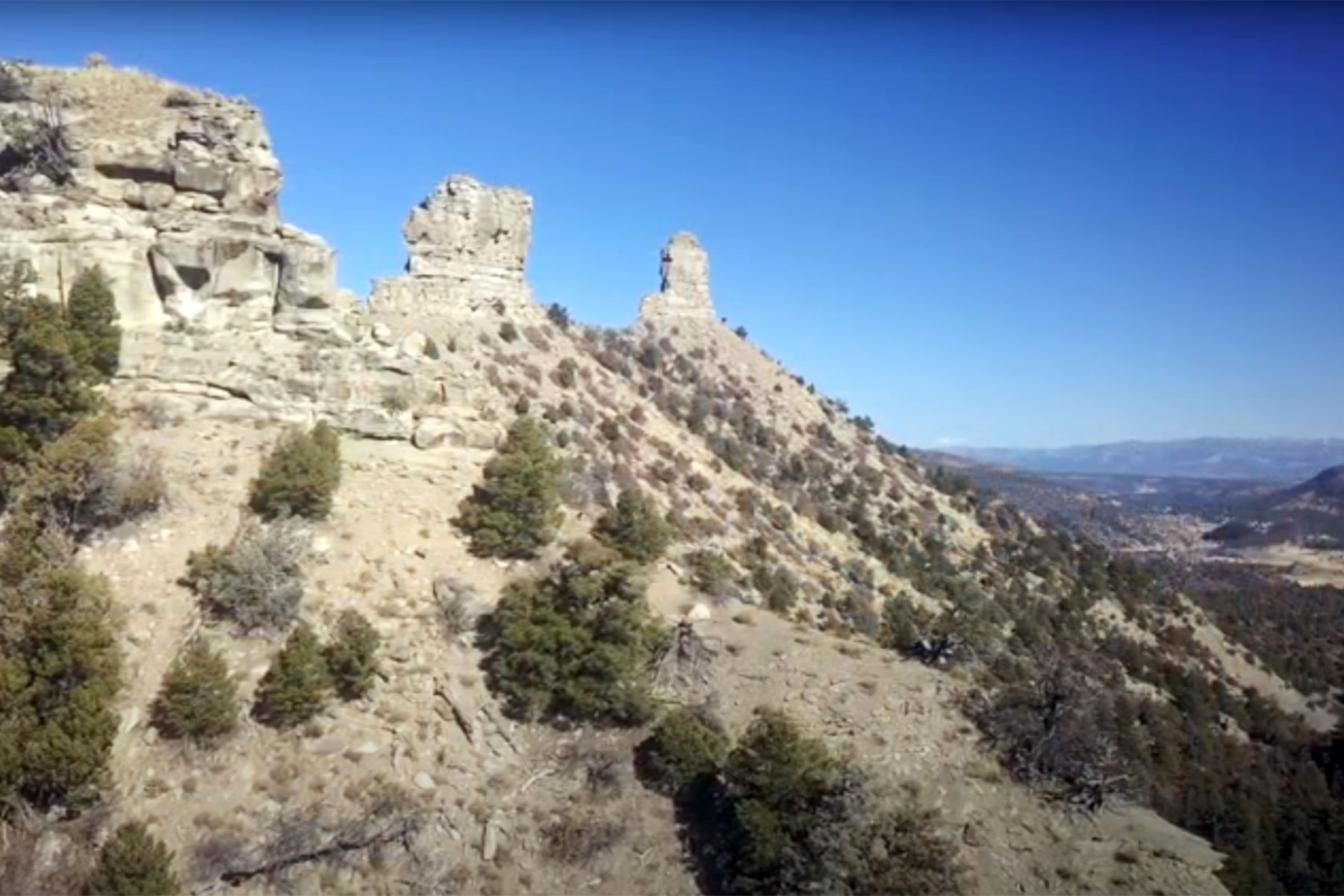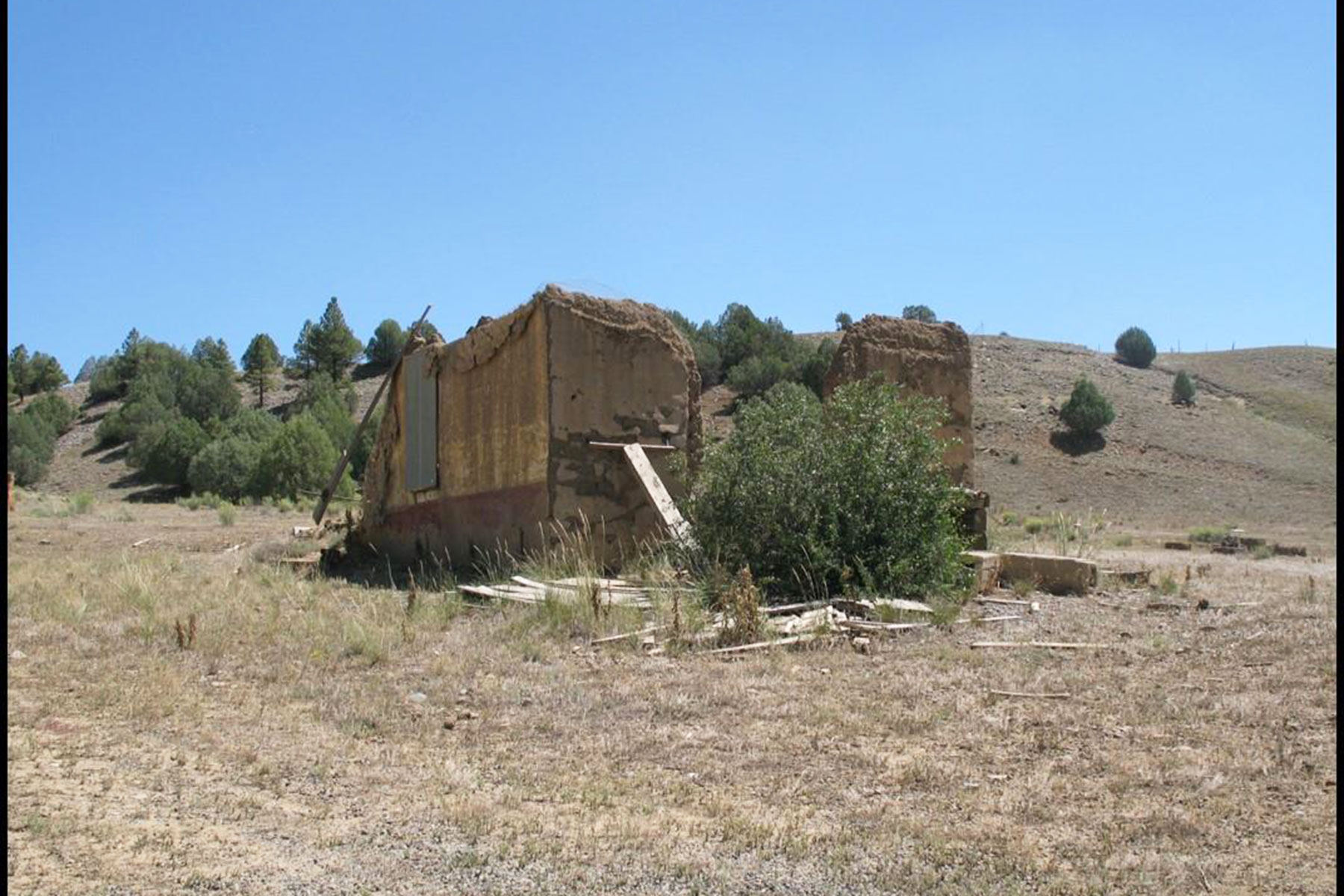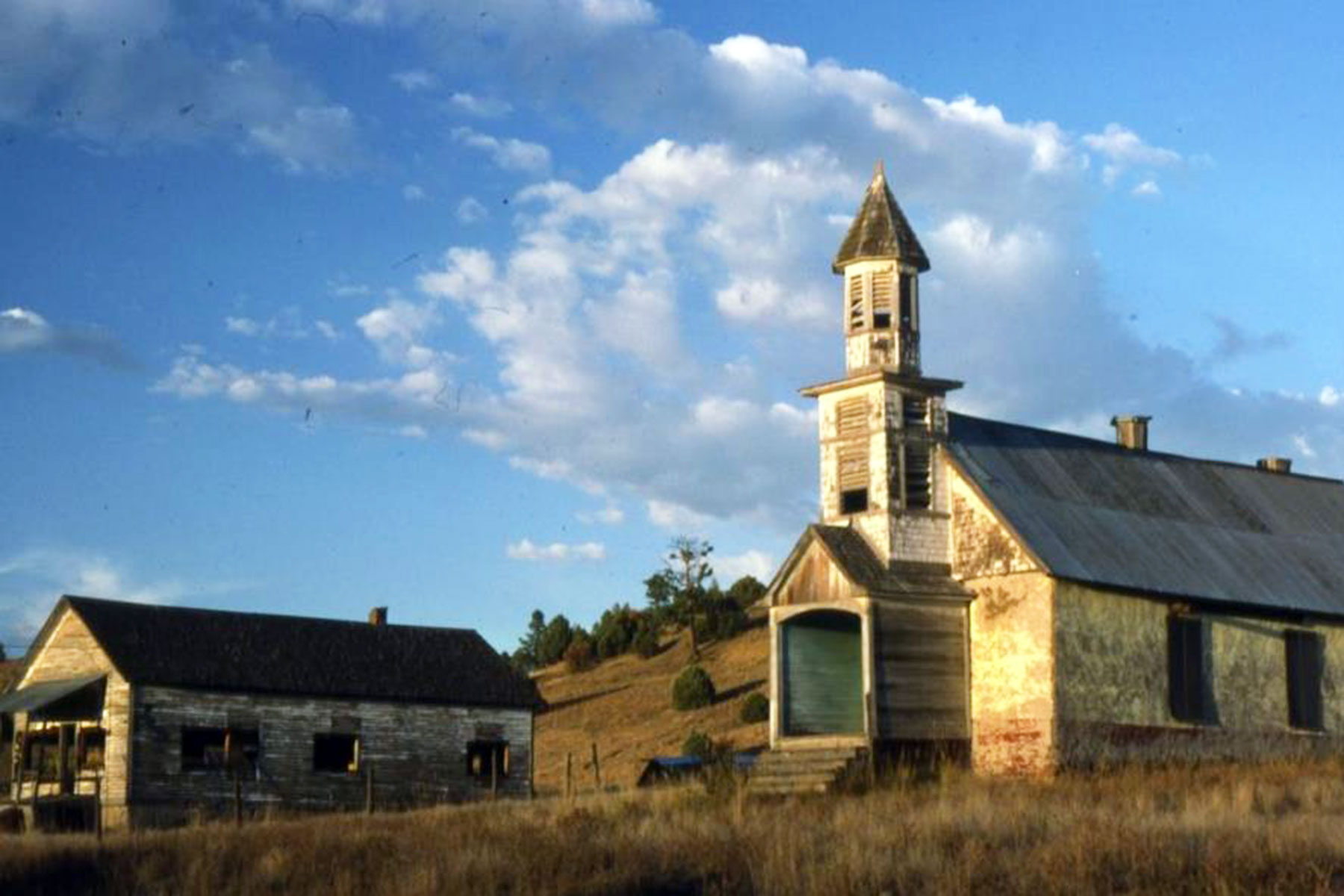New grants encourage diversity, equity, and inclusion
The application period for the next round of funding from the nation’s largest historic preservation program of its kind is now underway in Colorado. The History Colorado State Historical Fund (SHF) awards grants funded by limited-stakes gaming to foster historic preservation and support vibrant communities in all 64 counties of the Centennial State. The SHF estimates it will award at least $3 million to statewide projects in the current grant round, with individual grant amounts totaling up to $250,000. Individuals and organizations are encouraged to view important dates and guidelines for this grant round, learn how to submit a Letter of Intent, and apply for grants before the August 1 deadline via historycolorado.org/state-historical-fund.
Following a teamwide effort to better align the grantmaking process with History Colorado’s Grounding Virtues, new considerations for diversity, equity, and inclusion now inform the application and evaluation process for all SHF grants. A new section of the SHF application asks applicants to discuss how their prospective grant project was created with, by, and for Black, Indigenous, and People of Color (BIPOC) communities. Projects serving these communities can benefit from new, lower cash-match requirements, reducing or eliminating additional fundraising burdens for those seeking grants.
These improvements take place amid stark inequities in historic preservation in Colorado and beyond. As of 2020, only eight percent of the properties listed in the National Register of Historic Places relate to underrepresented communities and/or women nationwide, according to the National Trust for Historic Preservation. Only two percent relate explicitly to Black history. Here in Colorado, of the approximately 1,500 properties in this state listed by the National Register, less than five percent are directly related to the history of women and underrepresented communities.
History Colorado will publish its federally mandated 2030 Historic Preservation Plan this year. Its next decade of service will build beyond a dynamic history of economic impact to seek new heights of social and environmental accountability. The plan sets a bold vision for an equitable and just preservation ethic where all of Colorado’s voices help drive the conversation about what is significant and preserved through the stories and places they care about.
“Looking back at more than $2 billion of economic impact on our state generated by the State Historical Fund over 30 years, we see the power that historic preservation plays in stimulating the economies of Colorado’s communities,” said Chris Bowles, Director of Preservation Incentives Programs and Deputy State Historic Preservation Officer. “Unfortunately, we can also see that these benefits have been unequally distributed. As we continuously strive to be honorable stewards of public money, it is essential that we redress the imbalance from here on out by working to repair historic inequalities and improve the vitality of as many communities as possible in Colorado. We are eager to achieve this through new adjustments to our grant process, and also through conversations with communities to generate locally meaningful projects and help us reimagine what caring for treasured places should look like.”
SHF awarded more than 100 grants statewide in 2020 amid 244 active projects in 55 Colorado counties at year’s end. The fund also launched a new series of non-competitive grants and a new SHF guidebook this year, available on the SHF website. A yearlong 30th-anniversary exhibit, titled State Historical Fund Retrospective, opened at the History Colorado Center this spring and remains on view through April 30, 2022. Featured projects include Dearfield in Weld County, which is a farm community founded in 1910 that is the only remaining Colorado example of the national African American colonization movement inspired by Booker T. Washington, and the Granada Relocation Center in southeast Colorado—which is better known by its postal designation, “Amache”—where Japanese American citizens and Japanese Nationals living in the United States were incarcerated during World War II. Currently the subject of legislation that would make it part of the National Park System, Amache has received more than a dozen grants from the State Historical Fund for physical restoration and reconstruction of the site over the last two decades.






